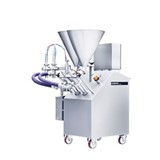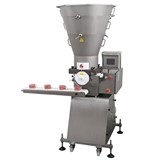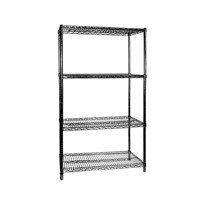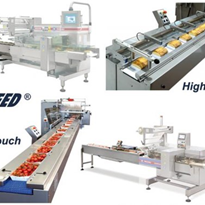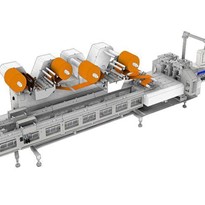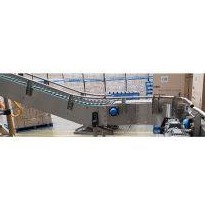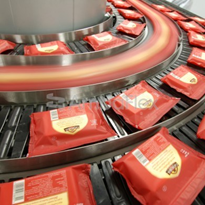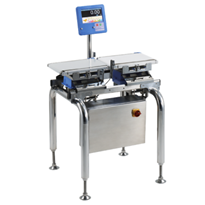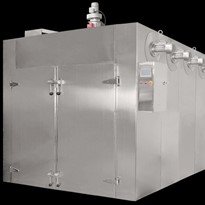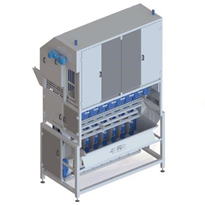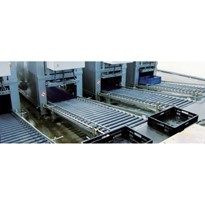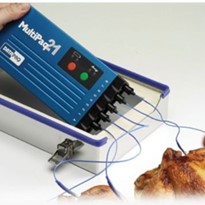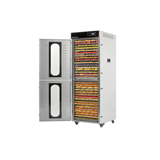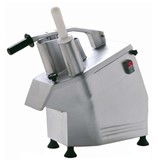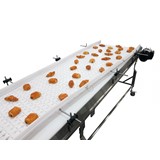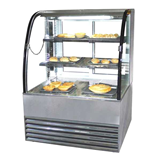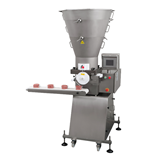A good supply chain traceability system will limit the costly damages of a recall. Beware the these common mistakes.
Product recalls are the nightmare of manufacturers, brands and retailers alike. The cost of a recall is not just out of pocket, it can also be costly on the reputation of those brands and companies involved.
The mistake many companies often make is separating their automatic traceability systems along the supply chain. This disjointed operation often results in unreliable sources of product data, which can quickly inflame the damages of a recall process. A robust supply chain traceability system will streamline the flow of information between suppliers and customers, overall easing the costly damages of a potential product recall.
When looking to improve your company's traceability system, these four easily avoidable mistakes should help you determine what needs improvement to save you time, money and reputation.
Not Recording Data
Not keeping a reliable database is the first mistake often made along food manufacturing supply chains, which can delay the efficiency of your recall. Duplicate entries, manual database entries and incorrect handling all corrupt the information needed in executing an effective a recall. The costs involved in taking a product out of the supply chain can become quite high, and potentially result in a total recall.
Clean databases are the backbone of a good traceability system for your company. Automated scanning systems are available, which will speed up the process of data input, as well as eliminate the cost of human error.
Cleaning and maintaining your database should be the first move towards being prepared and launching an efficient recall, quickly and efficiently, minimizing potential risks, financial impacts and brand damage.
Not Sharing Data
Importing from various suppliers without importing data from their existing traceability systems is the next most avoidable mistake made in food manufacturing supply chains. This can not only set back time and money spent on a recall, it can cost your partners up and downstream in the supply chain as well.
Data that is collated and shared between suppliers is key in preventing delays in removing recalled products from the supply line. Information from upstream can be scanned into a database and filed alongside data collected by in-house traceability systems. Something this simple can be the one defining factor in the time it takes your business to locate and remove contaminated or defective products from the supply chain.
Allowing data to be shared promotes an efficient traceability system and improves trust between you and your supply chain partners.
Not Identifying Products
Identifying each ingredient and packaging material with unique identification codes is crucial in determining suppliers with contaminated products. If using multiple suppliers of one product, not coding for each supplier can cause major delays both upstream and downstream in the recall process. Whilst your business is spending time trying to determine which products are corrupted, your consumers are potentially exposed to a contaminated product.
By using a good identification system, that can uniquely identify individual items, the product can be deconstructed to pinpoint exact ingredients from suppliers. That means when it comes to recall, determining what the fault is in the product is precise and efficient. This is done by coding the individual materials as they go through the production line. Details are recorded and sent to a database to be collated. That way minimal time is wasted in removing products from the shelves, further protecting your business.
Not Labelling Data
Not being able to pinpoint key product attributes between suppliers, such as allergenic food ingredients or the dates and time of perishable food items can make a managing an efficient recall a nightmare. Unreliable information between suppliers can cause these product attributes to be labelled inaccurately, potentially causing serious health risks for your consumers.
In a supply chain with various suppliers for different products, such as chocolate bars, where allergens include nuts, dairy, wheat, egg and soy, accurate supplier information is key in avoiding serious medical complications for consumers. Similarly, perishable items, such as meat, without precise time and date information for used-by date can also cause mass outbreaks of illness.
A traceability solution provides accuracy in labelling, by collating date, time and location data along the entire supply chain. This simple solution can effectively safeguard your business from the threat of expensive, brand-damaging lawsuits, and build a reputation of reliability amongst your consumers.
Time is the enemy of any recall, so efficiency and accuracy need to be your primary focus. There are various technologies available to code the separate elements of the supply chain, each offering different benefits depending on the application. If you are looking for a robust solution, choosing a technology partner with a wide range, and unbiased advice on the best coding and traceability outcomes for your company from farm to plate, will be pivotal in helping you effectively manage a recall.
These four avoidable traceability mistakes are frequent offenders in the food manufacturing industry. With this information in mind, you can now look to master your traceability practices, and save your company time, money and reputation should you face a product recall.






